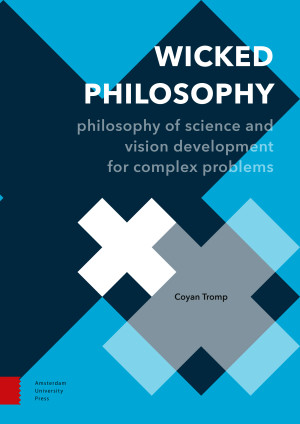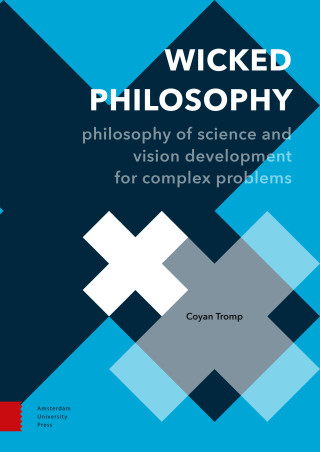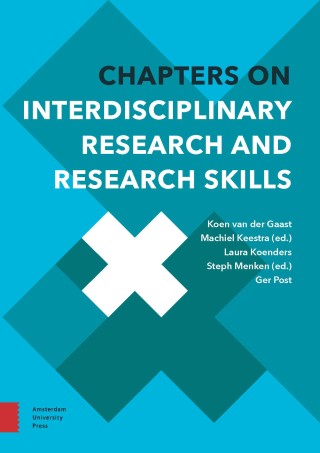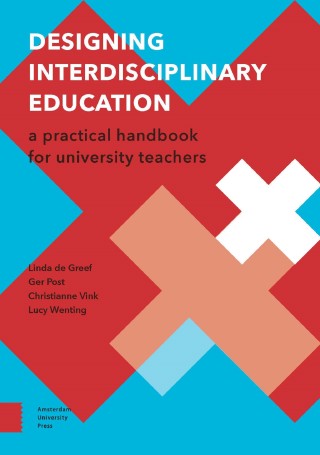Wicked Philosophy. Philosophy of Science and Vision Development for Complex Problems provides an overview of the philosophy of the natural sciences, the social sciences and the humanities, and explores how insights from these three domains can be integrated to help find solutions for the complex, ‘wicked’ problems we are currently facing.
The core of a new science-based vision is complexity thinking, offering a meta-position for navigating alternative paradigms and making informed choices of resources for projects involving complex problems. The book also brings design thinking into problem-solving and teaching, fostering construction of an integrative approach that bridges structure and action amplified by transdisciplinary engagement of stakeholders in society.
It is not always easy to set up a succesfull philosophy course for students in other programs. The author of
Wicked Philosophy, Coyan Tromp, has experience in designing courses on philosophy of science for various Bachelor programs.
You can find two examples here.
The first example is for an introductory course to an Interdisciplinary Philosophy of Science, which is specifically suited for programs focusing at complex problems such as sustainability or health issues.
The second example is a program for a course on (Philosophy of) Science in a Post-Truth Society.
More examples are also available (e.g. a program in which Philosophy of Science is combined with Vision Development and Future Scenarios).
In addition to the program, the author can also provide a workbook with lesson plans, both for online and on campus settings as well as additional literature suggestions for Dutch and French programmes.
Please contact us at marketing@aup.nl for questions or extra material.






